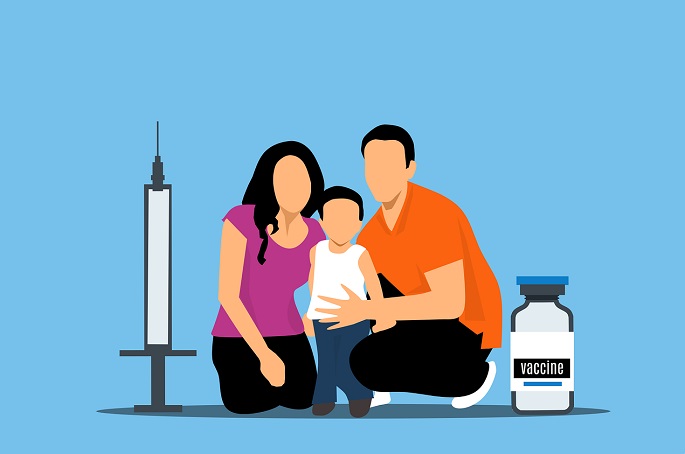Share of unvaccinated higher among babies born during pandemic
Published : 28 Mar 2024, 02:04
Updated : 28 Mar 2024, 02:36
The share of unvaccinated children is higher in the age groups born during the coronavirus pandemic compared to the previous age groups, said the Finnish Institute for Health and Welfare (THL).
The vaccination coverage of young children in Finland, however, is high year after year, said the THL in a press release on Wednesday.
About 98 per cent of all children born in 2021 have started the 5-in-1 vaccination series, which protects them against diphtheria, tetanus, pertussis (whooping cough), polio and Hib diseases.
Almost 95 per cent of children born in 2021 have been vaccinated against measles, mumps and rubella. This information comes from the Finnish national vaccination register.
Vaccination coverage differs between wellbeing services counties. However, in areas with lower coverage, sustained efforts have been made to increase vaccination uptake, and the differences in vaccination coverage between wellbeing services counties are narrowing for many vaccines.
Being fully unvaccinated remains rare in Finland. Of the children born in 2021, 1.7 per cent are completely unvaccinated, which is slightly more than in previous age groups. Of those born in 2020, 1.4 per cent were unvaccinated until the age of three and about 1 per cent in the previous age groups.
"Although the changes in the share of unvaccinated children are very small, it must be carefully monitored whether the phenomenon will become more common in the coming years. The share of unvaccinated children is now higher in the age groups born during the coronavirus pandemic, so we must also consider the effects of the pandemic on the implementation of vaccinations and attitudes towards vaccinations for children," says Anniina Virkku, Medical Specialist at THL.
In the age groups born in 2020 and 2021, the share of unvaccinated children is higher than in the previous age groups in almost all wellbeing services counties.
Therefore, the national growth in the share of unvaccinated persons is not only explained by changes in an individual area. The share of unvaccinated children in Åland and Ostrobothnia wellbeing services county is lower than before.
Vaccinations are sometimes postponed, so the share of fully unvaccinated children in the age group born in 2021 may decrease further.
Information on vaccination coverage is based on up-to-date information from the Finnish national vaccination register which is received from the patient data systems. Because of problems with recording vaccinations and transferring data, true vaccination coverage is probably higher than figures in the vaccination register suggest.
"It is important that the wellbeing services counties monitor the transfer of vaccination data to the vaccination register in an up-to-date manner and that any shortcomings are reacted to without delay," said Camilla Jordman, Medical Specialist of THL.


